Miliband bank debacle: has he just thrown away the election?
The value of taxpayer-owned banks drops by £1bn – and Osborne outflanks him with £7 minimum wage support
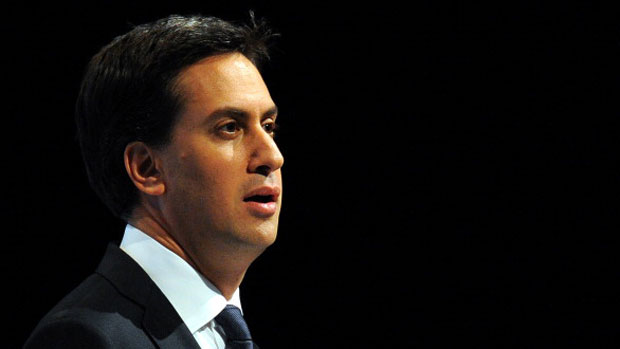
A free daily email with the biggest news stories of the day – and the best features from TheWeek.com
You are now subscribed
Your newsletter sign-up was successful
MORE than £1bn was wiped off the share price of banks owned by the taxpayer today as Ed Miliband’s plan to break up the retail banks began to look like a full-blown political debacle for the Labour leader. As of 2pm, RBS had dropped in value by £560m and Lloyds by £460m.
Long before Miliband laid out plans to force the banks to open up to more high street competition, share prices were tumbling.
As markets opened, Chuka Umunna, the shadow business secretary, had to admit on Radio 4's Today programme: "I am not denying in the short term that we may see a hit on the share price of these banks. It’s probably happening as we speak now…"
The Week
Escape your echo chamber. Get the facts behind the news, plus analysis from multiple perspectives.

Sign up for The Week's Free Newsletters
From our morning news briefing to a weekly Good News Newsletter, get the best of The Week delivered directly to your inbox.
From our morning news briefing to a weekly Good News Newsletter, get the best of The Week delivered directly to your inbox.
Robert Peston, the BBC’s business editor, warned that any fall in the share price could force the Tory-Lib Dem coalition to postpone the privatisation of its third stake in Lloyds and cut the value of the taxpayers’ controlling stake in RBS. Peston told the Today programme Miliband’s plan was a “very big fly in the privatisation ointment”.
"There was an expectation there would be another £7 billion of Lloyds shares sold in the spring," said Peston. "It’s moot whether £7 billion can be raised in the current circumstances. It’s also a bit uncertain whether you could write a sale prospectus when you don’t know what the shape of Lloyds would be and you might have to delay that sale until after the next general election."
Now the “ointment” is all over Miliband’s face.
His banking plan had been billed by Labour as a political game-changer, potentially as popular as his plan for a freeze on energy prices, announced at last autumn's party conference.
A free daily email with the biggest news stories of the day – and the best features from TheWeek.com
Instead, it has backfired badly, with Mark Carney, the new Governor of the Bank of England, and a string of City experts lining up to rubbish Miliband.
The Labour leader had been hoping to seize the initiative on the economy where Ed Balls, his shadow chancellor, is still not trusted by the voters, according to opinion polls. But his initiative now risks increasing the doubts about Labour’s competence to run the economy – a catastrophic result if he frightens the voters.
City analyst David Bewick told the Today programme: "I really cannot take his initiative seriously and if it was, it would be extremely damaging to the UK economy… He would completely scupper the sale of the rest of Lloyds bank and the rest of RBS you can say goodnight Vienna to." He said HSBC could move back to Hong Kong if Labour won the election on this platform.
Meanwhile, Chancellor George Osborne appeared to have pulled off a coup by announcing his support for an inflation-busting rise in the minimum wage from £6.31 to around £7 an hour to help the low paid.
Some business leaders were critical of the extra cost for small businesses, but The Times gave it the thumbs-up in an editorial this morning: "A small increase in the minimum wage will pay for itself and there is no better welfare policy than better pay."
Osborne’s initiative appears to have enhanced his position while Labour is left looking seriously damaged on the economy. Will this turn out to be the day he threw away the 2015 election? No wonder Ed Balls is keeping his head down.
-
 Why is the Trump administration talking about ‘Western civilization’?
Why is the Trump administration talking about ‘Western civilization’?Talking Points Rubio says Europe, US bonded by religion and ancestry
-
 Quentin Deranque: a student’s death energizes the French far right
Quentin Deranque: a student’s death energizes the French far rightIN THE SPOTLIGHT Reactions to the violent killing of an ultraconservative activist offer a glimpse at the culture wars roiling France ahead of next year’s elections
-
 Secured vs. unsecured loans: how do they differ and which is better?
Secured vs. unsecured loans: how do they differ and which is better?the explainer They are distinguished by the level of risk and the inclusion of collateral
-
 The FTC is pushing back against false 'Made in the USA' claims
The FTC is pushing back against false 'Made in the USA' claimsThe Explainer The agency has dubbed July 2025 'Made in the USA' month
-
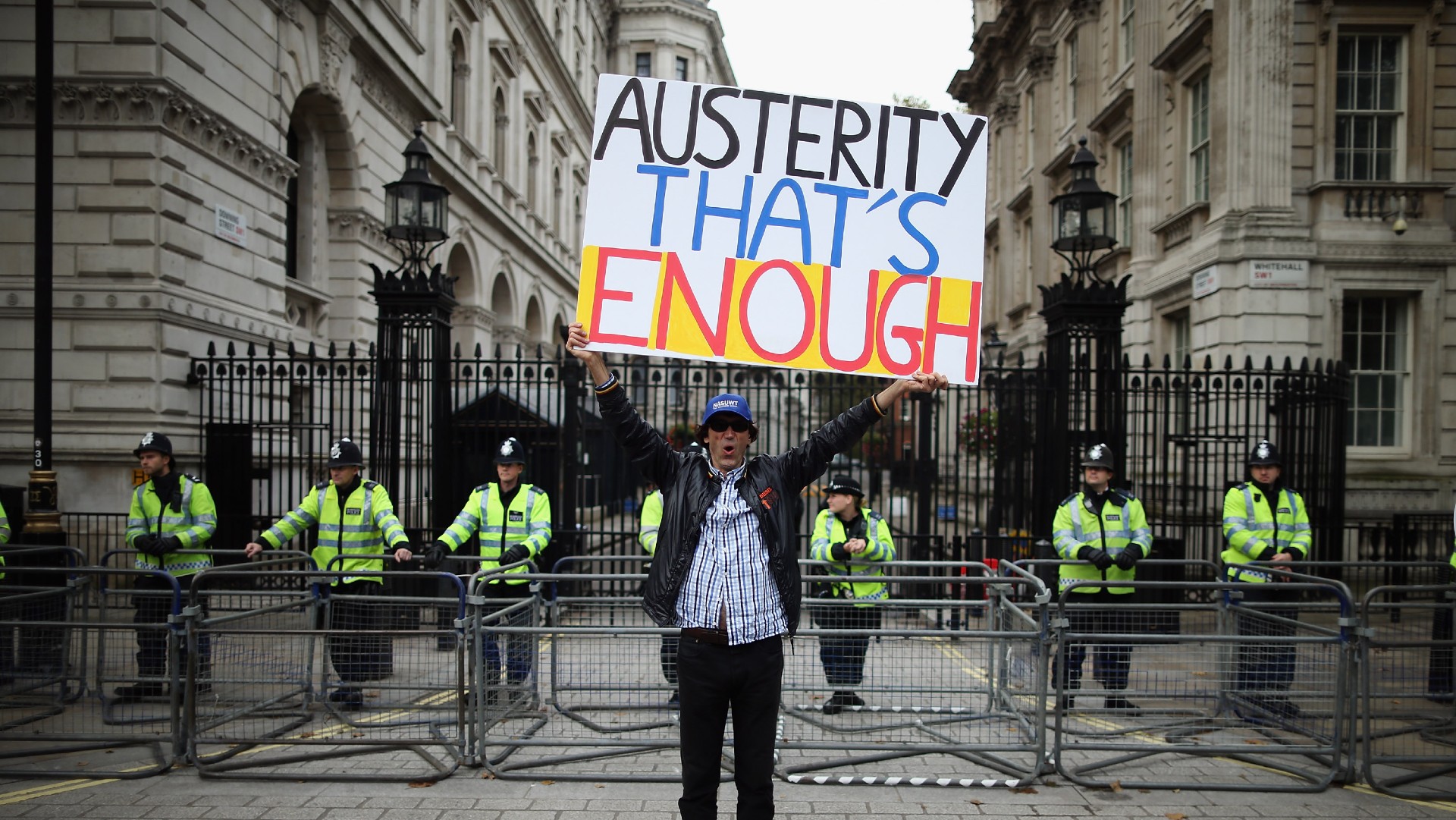 Do Tory tax cuts herald return of austerity?
Do Tory tax cuts herald return of austerity?Today's Big Question Chancellor U-turns on scrapping top rate tax but urges ministers to make public spending cuts
-
 Why the government opposes a windfall tax on oil and gas profits
Why the government opposes a windfall tax on oil and gas profitsfeature BP profit surge triggers renewed calls for a levy to help struggling households
-
 OECD: global growth ‘could halve’ if coronavirus intensifies
OECD: global growth ‘could halve’ if coronavirus intensifiesSpeed Read Think tank says growth could collapse as low as 1.5% in worst case scenario
-
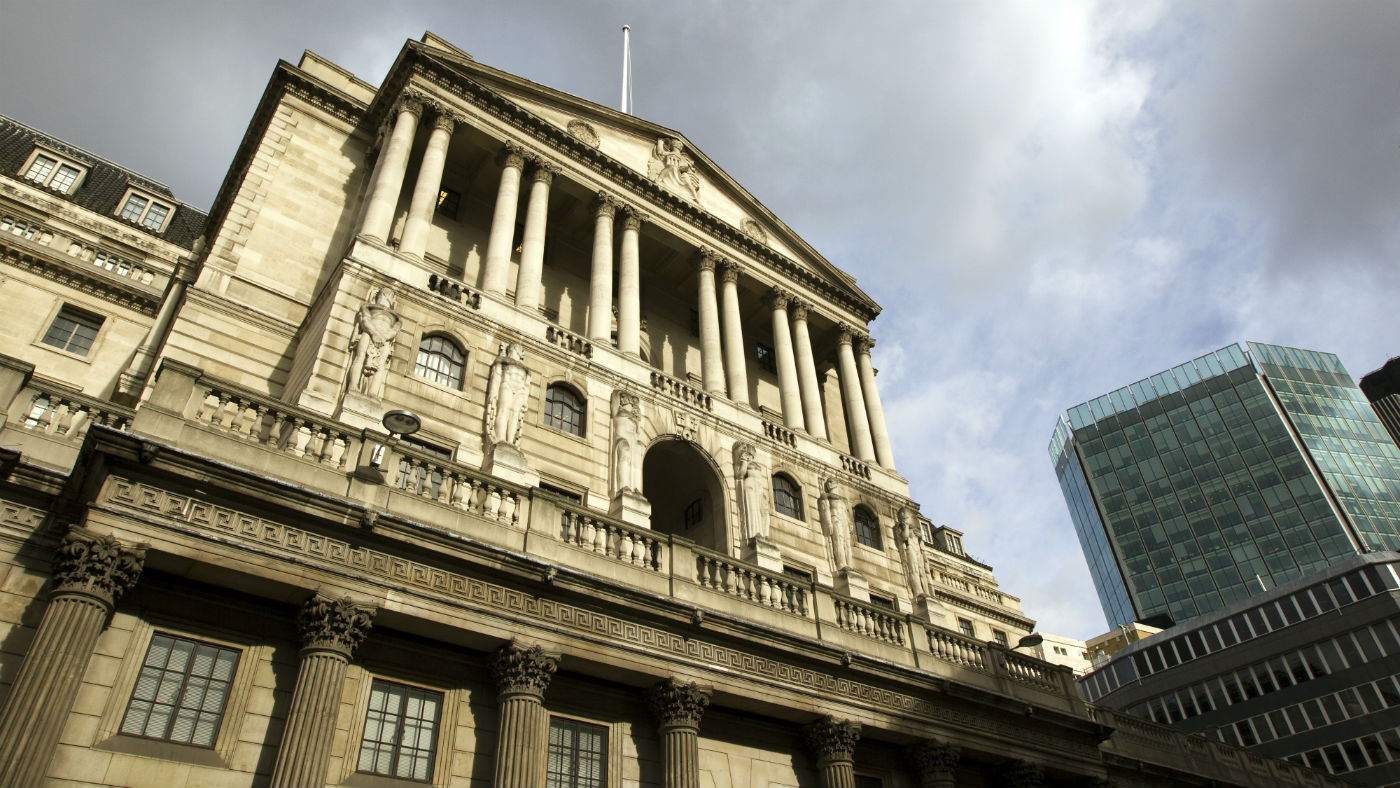 Bank of England passed tech firm for diligence three times
Bank of England passed tech firm for diligence three timesSpeed Read Central bank faces new scrutiny over audio feed leaks
-
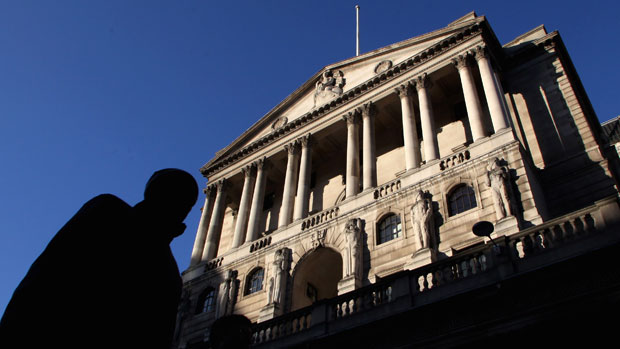 Inflation down: will there be an interest rates cut?
Inflation down: will there be an interest rates cut?Speed Read Most analysts agree a cut is likely but developments in next fortnight crucial
-
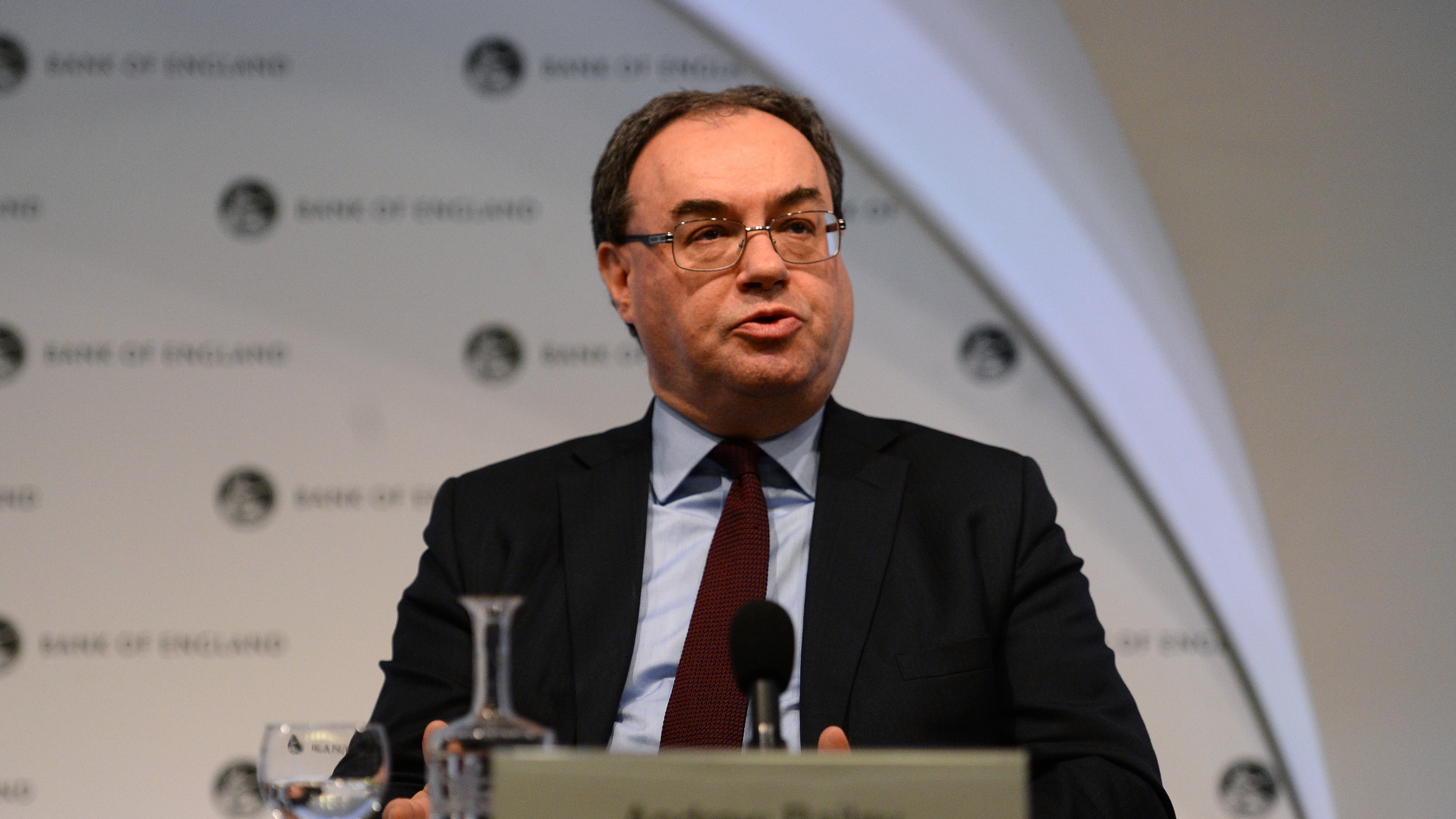 Andrew Bailey: who is the new Bank of England governor?
Andrew Bailey: who is the new Bank of England governor?In Depth Financial Conduct Authority chief faces questions from Treasury Select Committee
-
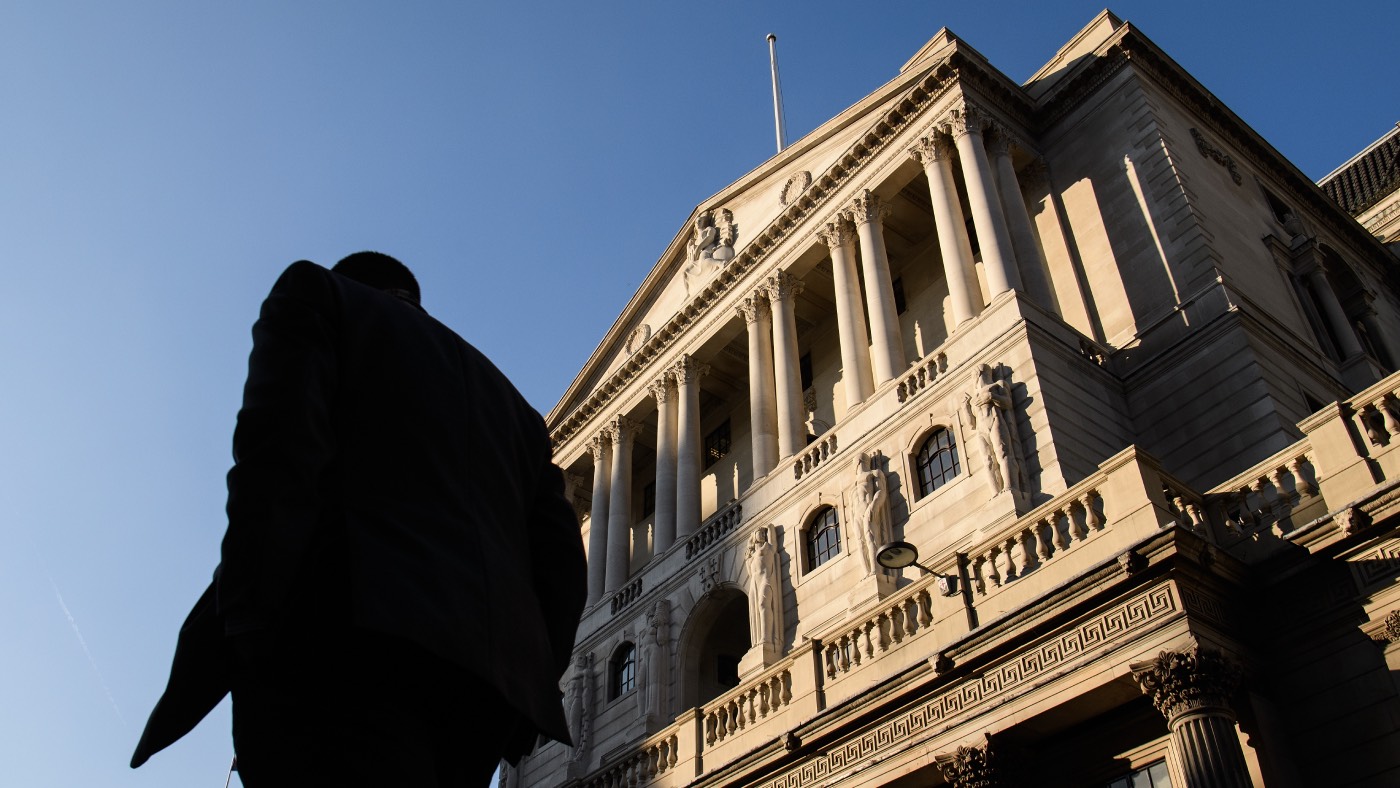 Hedge funds eavesdrop on Bank of England briefings
Hedge funds eavesdrop on Bank of England briefingsSpeed Read High-frequency trading can give funds the edge over rivals